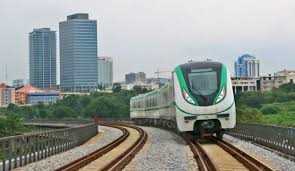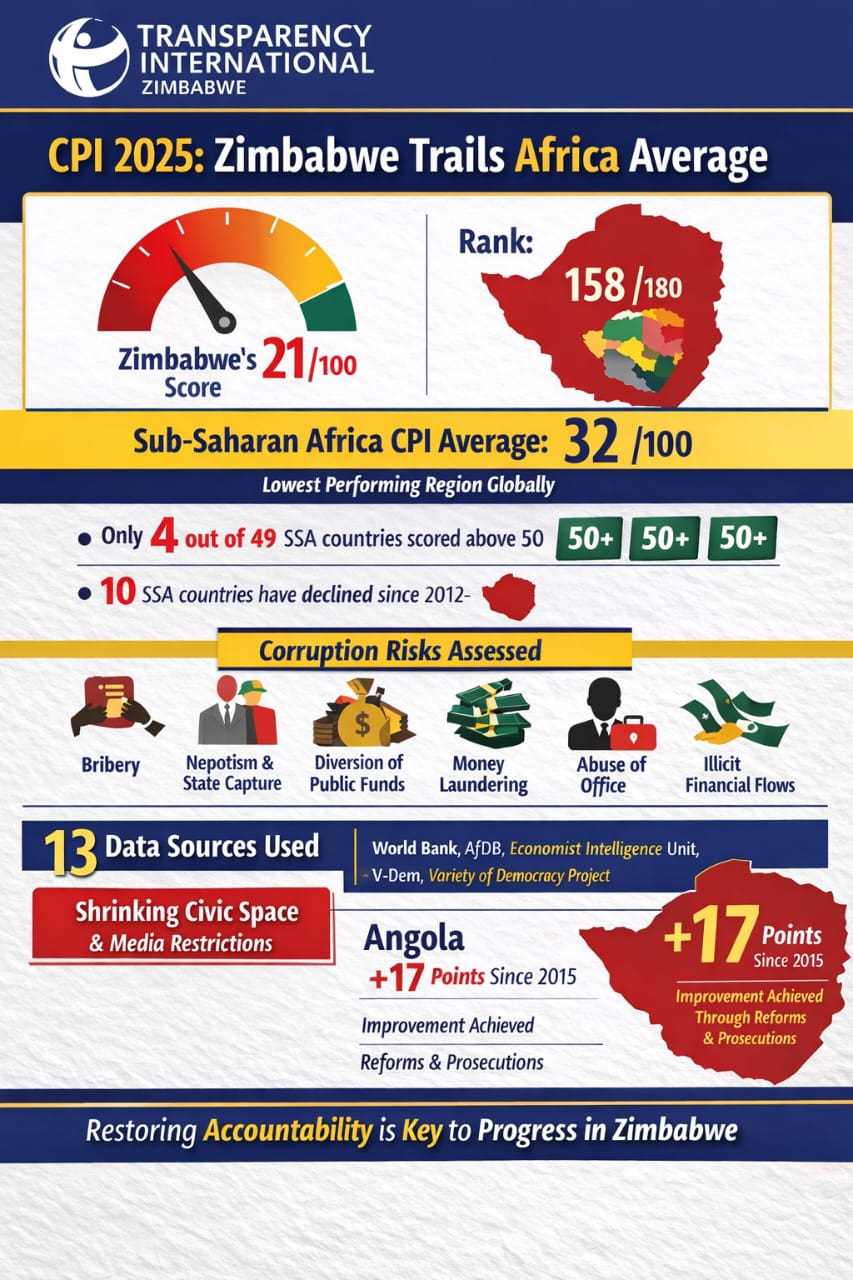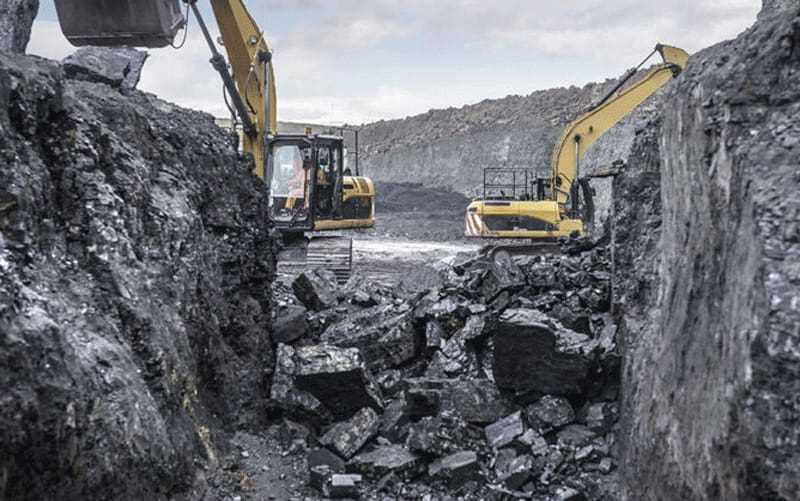
Zim Now Writer
China Development Bank has approved a US$254.76 million loan to expedite the long-delayed Kano-Kaduna railway project in Nigeria. This funding marks a significant step in reviving the 203-kilometer standard-gauge railway, a key component of China’s Belt and Road Initiative.
The Kano-Kaduna railway aims to connect Kano, a major economic hub in northern Nigeria, to Abuja, the nation’s capital. Once completed, the project is expected to boost trade, improve transportation efficiency, and offer a safer travel alternative in a region plagued by security challenges, such as frequent armed attacks on road travelers.
The railway, originally approved in 2020 and valued at US$973 million, faced significant delays after its initial financier, China’s Exim Bank, withdrew. The CDB loan is expected to reinvigorate the stalled project and bring it closer to completion.
This project has far-reaching implications beyond infrastructure development. It is anticipated to stimulate economic activity in northern Nigeria and provide residents with reliable and efficient transport.
Related Stories
Furthermore, the railway could offer a critical solution to the region’s security concerns by reducing reliance on road travel, which is often targeted by criminal gangs.
The Kano-Kaduna railway, constructed by China Civil Engineering Construction Corporation, underscores China’s extensive involvement in Nigeria’s infrastructure sector. Nigeria remains one of the largest African recipients of Chinese loans, with investments spanning railways, roads, and power projects.
The announcement coincides with an upcoming visit by Chinese Foreign Minister Wang Yi to Nigeria, where discussions with President Bola Tinubu are expected to strengthen bilateral ties.
As Nigeria pushes forward with its infrastructure development agenda, projects like the Kano-Kaduna railway highlight the crucial role of international partnerships in transforming the nation’s economic landscape.




















Leave Comments